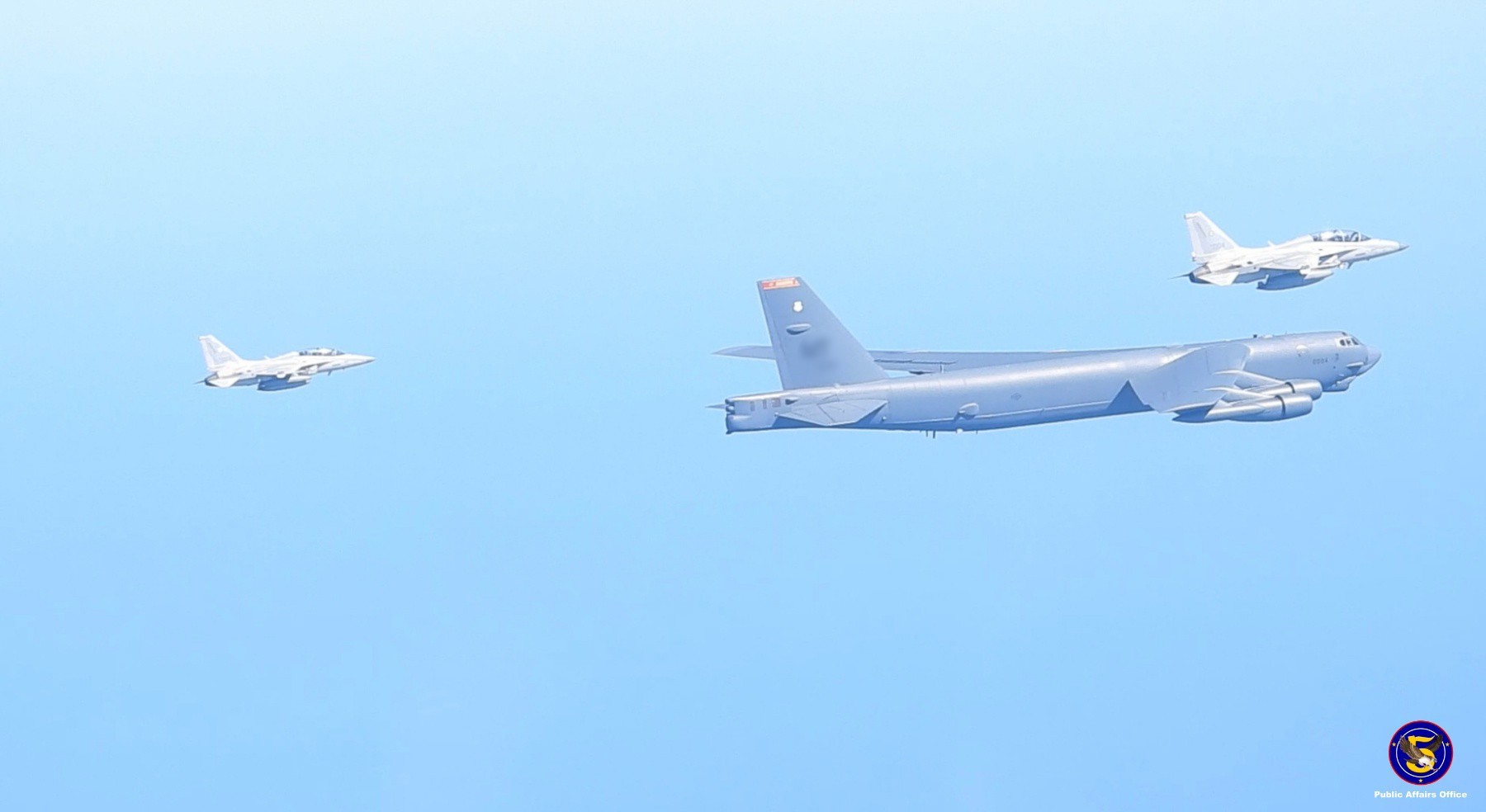West PH Sea task force: Archipelagic Sea Lanes bill 'crucial' in upholding PH territorial integrity

As China takes its aggression in the contested features in the West Philippine Sea (WPS) to airspace, a government task force hailed the Senate’s approval on third and final reading of Senate Bill No. 2665 or the Archipelagic Sea Lanes (ASL) bill as it will boost the Marcos administration’s efforts in upholding the country’s territorial integrity.
“We express our deep gratitude to the Senate for their approval on third and final reading of Senate Bil No. 2665, also known as the Archipelagic Sea Lanes (ASL) Bill. This important piece of legislation is crucial in enhancing our sovereignty, national security, and territorial integrity,” the National Task Force for West Philippine Sea (NTF-WPS) said in a statement on Friday, Aug. 16.
The task force said that the enactment of the ASL bill was in lockstep with the efforts of the House of Representatives, which also passed on third reading its version of the ASL bill, the House Bill No. 9034, in December 2023.
“We look forward to the positive and prompt consideration by the Bicameral Conference Committee of this important piece of legislation,” the NTF-WPS said.
What is ASL bill?
According to SB 2665, the ASLs refer to the designated sea lanes in the archipelagic waters and air routes thereabove through which foreign vessels or aircraft may exercise the right of archipelagic sea lanes passage.
An ASL passage is the exercise of the rights of navigation and overflight in the normal mode solely for the purpose of continuous, expeditious, and unobstructed transit between one part of the high seas or an exclusive economic zone (EEZ) and another part of the high seas or an EEZ, provided that such passage "is not prejudicial to the peace, good order, and security of the Philippines."
The NTF-WPS said the enactment of the ASL bill came on the heels of the approval of the updated harmonized version of the Philippine Maritime Zones (MZ) Bill -- which aims to declare the Philippines' maritime zones based on the standards set by the United Nations Convention on the Law of the Sea (UNCLOS) -- by the Senate and the House during their Bicameral Conference Committee meeting last July 17.
According to the NTF-WPS, the MZ and ASL bills, together with the 2009 Philippine Baselines Law, will set the country’s “archipelagic house in order” by aligning domestic legislations with the UNCLOS.
“The NTF-WPS recognizes the strategic importance of maritime legislation, which will bring attention to the proper scope of the Philippine maritime domain and the need for strategic investments in maritime security, maritime domain awareness, maritime law enforcement, sustainability of marine resources and protection of the marine environment, thereby reinforcing the Philippines' ability to govern the waters within its sovereignty, sovereign rights and jurisdiction,” the task force noted.
Last Aug. 8, two Chinese air force multi-role fighters conducted dangerous maneuvers and dropped flares on the path of a Philippine Air Force (PAF) aircraft during a routine patrol over Bajo de Masinloc (Scarborough or Panatag Shoal) on Aug. 8.
“We commend our legislators for their steadfast commitment to safeguard the interests of the Filipino people, particularly their legacy as a maritime and archipelagic people and nation, and promote our common advocacy for a rules-based international order,” the task force said.
“The NTF-WPS remains dedicated to its mission of protecting our national interest, especially in the maritime domain, and will continue to support all initiatives that contribute to the security and prosperity of the Philippines,” it noted.